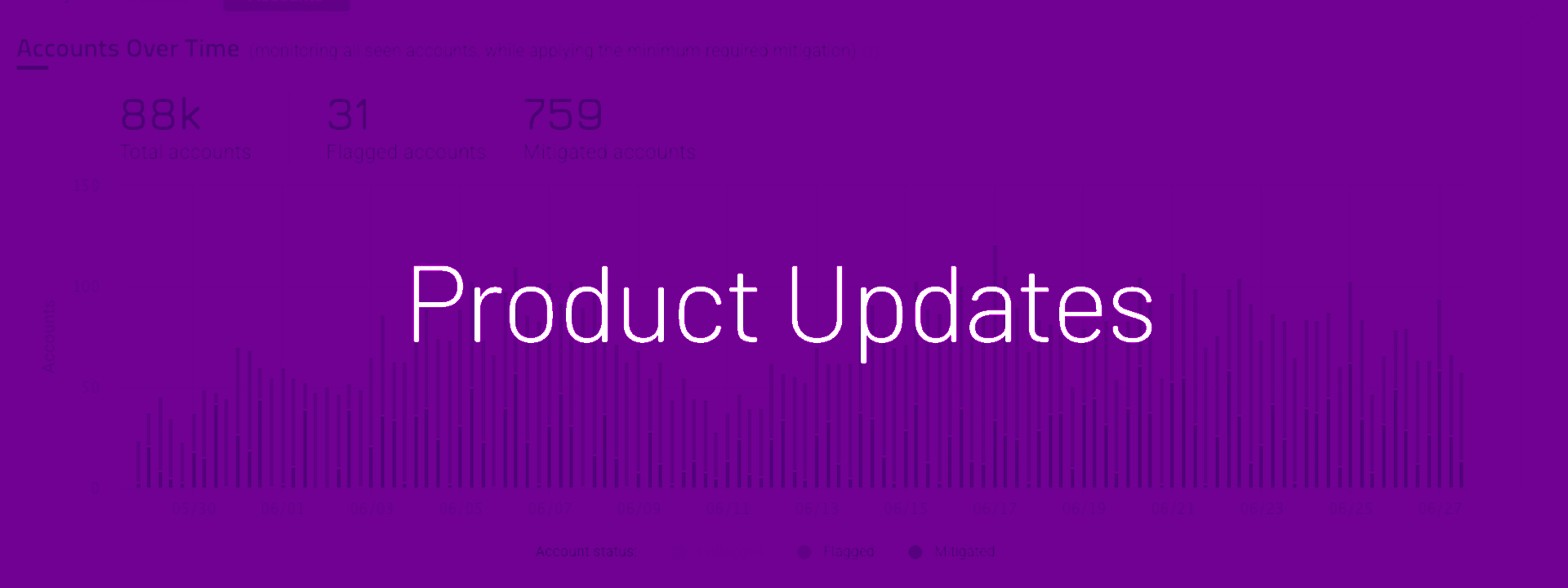All Blogs

HUMAN BLOG
Valid Clicks, Verified Value: Introducing Ad Click Defense for Platforms
READ NOW

HUMAN BLOG
Is Your WAF Enough? Why Specialist Solutions Beat CDN/WAF Add-Ons for Advanced Bot & Fraud Protection
READ NOW

HUMAN BLOG
Fifteen Zeroes: Inside the Quadrillion Cyberthreat Benchmark Report
READ NOW

HUMAN BLOG
Extending Your Advertising Defense: The Importance of Click-Level Protection
READ NOW

HUMAN BLOG
Pirate Ships as a Service: Scallywag and Enabling Digital Piracy
READ NOW

HUMAN BLOG
Satori Threat Intelligence Alert: Scallywag Extensions Monetize Piracy
READ NOW

HUMAN BLOG
How Threat Actors Abuse Open Redirectors to Hide in Plain Sight
READ NOW

HUMAN BLOG
Satori Threat Intelligence Alert: Apollo Spoofs Audio to Maximize Profits
READ NOW

HUMAN BLOG
Understanding AkiraBot: Technical Insights and Mitigation Tactics for an AI‑Driven Spam Bot
READ NOW

HUMAN BLOG
U.S. Government Cracks Down on Ticket Scalping
READ NOW

HUMAN BLOG
Stopping Scalper Bots: How to Protect Fans, Customers, and Revenue
READ NOW

HUMAN BLOG
How to Focus and Accelerate Security Investigations with HUMAN Sightline
READ NOW

HUMAN BLOG
Satori Perspectives: Inside the Disruption of BADBOX 2.0
READ NOW

HUMAN BLOG
Future-Proofing Platform Trust: Emerging Threats and Scalable Solutions in Ad Tech
READ NOW

HUMAN BLOG
Attack Profiles: Taking Bot Management Beyond Anomaly Detection
READ NOW

HUMAN BLOG
Satori Perpectives: Tracking the Ongoing Evolution of Harly Trojan Android Fraud
READ NOW

HUMAN BLOG
Human Sightline: A New Era in Bot Visibility
READ NOW

HUMAN BLOG
HUMAN Security Q4 2024 Product Updates
READ NOW
- 1
- …